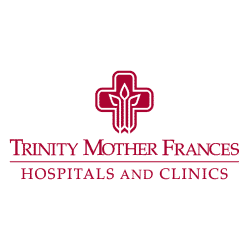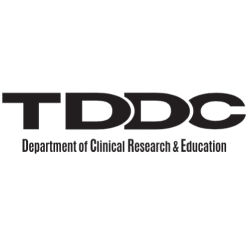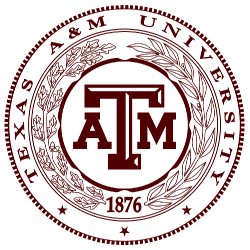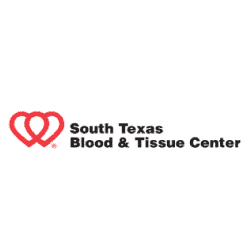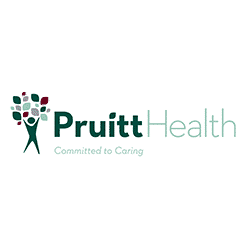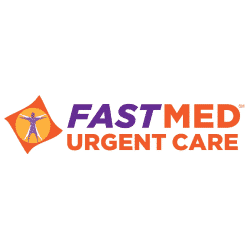When you think about medical waste, do you immediately think “toxic” or “disease-ridden”?
Only about 15% of medical waste is labeled as hazardous material, meaning it’s toxic, infectious, or radioactive. The other 85% is considered a non-hazardous waste.
Management of regulated waste is extremely important to lower the risk of transmitting infection.
What are the most common compliance problems that come with handling regulated medical waste? Keep reading to learn more.
What is Regulated Medical Waste?
Regulated medical waste (RMW) by definition is similar for each state yet can differ a bit depending on the state. For example, some states call RMW infectious waste and/or biohazardous waste.
An overall definition includes any waste associated with healthcare that has the potential to spread disease. Blood or other types of contamination that are not handled properly potentially pose a health or environmental threat.
What are the Most Common Problems Associated with Regulated Medical Waste?
There are different categories of medical waste and each state decides how each category should be treated. Let’s look at the categories and problems that are common to the industry.
EPA Compliance Medical Waste
The EPA does not have a central role when it comes to RMW, but they do still have some regulations regarding emissions from incinerators at hospitals and other medical facilities.
There are EPA requirements under the Federal Insecticide, Fungicide, and Rodenticide Act for any medical waste treatment plan or technology that uses chemicals in the treatment of medical waste.
Keeping track of the rules and regulations of all of the different agencies is important and time-consuming.
OSHA Compliance Medical Waste
OSHA defines medical waste as semi-liquid blood or other potentially infectious material (OPIM), things that have been contaminated by both or either blood or OPIM, items caked with dried blood, and pathological and microbiological wastes that contain blood or OPIM.
OSHA regulates waste on the federal level of government. Because most rules governing medical waste come from the state level, this makes things confusing when it comes to knowing which regulations to follow.
On the other hand, OSHA regulations fill the gap for states lacking comprehensive medical waste regulations.
HIPAA Compliance Medical Waste and Medical Compliance Medical Waste
Adequate training of healthcare employees on the proper disposal of medical waste and having a regulated system of disposal is the way to stay HIPAA compliant in regards to medical waste.
There are a lot of rules regarding medical compliance for medical waste like used and unused sharps.
Document training and medical waste plan to stay compliant.
Handle With Care
Now you know the problems that are associated with regulated medical waste compliance. Do you know who you can trust as your medical waste expert? We at MedSharps offer regulated medical waste removal and treatment services to our clients.
We have a vast knowledge of compliance-related issues when disposing of medical waste. We offer scheduled collection services to quickly and safely remove your medical waste with no interruption to your normal activity.
We pay close attention to detail and base our service on moral and ethical principles.
If you’d like to receive information about our services, contact us today.

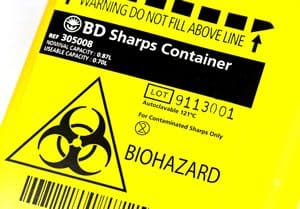 Disposing of medical waste means following proper procedures and practices that will keep patients, staff, and the public safe. Medical waste can be generated from any facility that handles bodily fluids, bio-hazardous waste, or medical sharps. This includes doctor’s offices, veterinary clinics, and even tattoo parlors. One of the most important aspects of proper medical waste disposal is medical waste containers. Here is what you need to know about them to have a compliant disposal plan.
Disposing of medical waste means following proper procedures and practices that will keep patients, staff, and the public safe. Medical waste can be generated from any facility that handles bodily fluids, bio-hazardous waste, or medical sharps. This includes doctor’s offices, veterinary clinics, and even tattoo parlors. One of the most important aspects of proper medical waste disposal is medical waste containers. Here is what you need to know about them to have a compliant disposal plan. 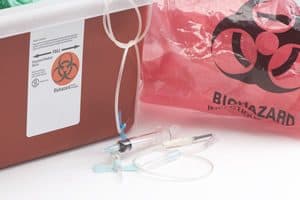 Proper medical waste collection and disposal is an important part of the business when running a health facility. Unfortunately, too many health care professionals are not as aware as they should be about the dangers and risks associated with medical waste. It is important that management and staff are all educated on the risks and how to mitigate them. This goes for hospitals, vet offices, dentist offices, and even places like tattoo parlors. Here is a quick guide to the risks of improper bio-hazard waste disposal.
Proper medical waste collection and disposal is an important part of the business when running a health facility. Unfortunately, too many health care professionals are not as aware as they should be about the dangers and risks associated with medical waste. It is important that management and staff are all educated on the risks and how to mitigate them. This goes for hospitals, vet offices, dentist offices, and even places like tattoo parlors. Here is a quick guide to the risks of improper bio-hazard waste disposal. 